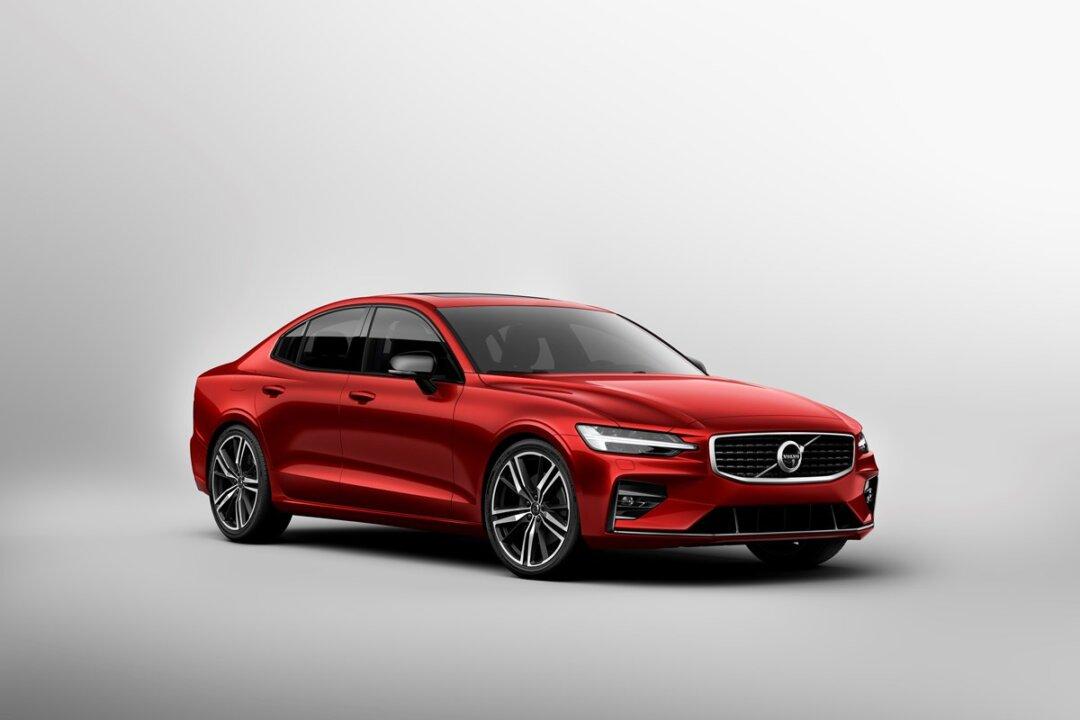We caught up with Matt Girgis, the newly-appointed managing director of Volvo Car Canada into his second month of leading the Canadian team out of their Richmond Hill, Canadian headquarters.

Matt Girgis. Volvo Canada

We caught up with Matt Girgis, the newly-appointed managing director of Volvo Car Canada into his second month of leading the Canadian team out of their Richmond Hill, Canadian headquarters.
